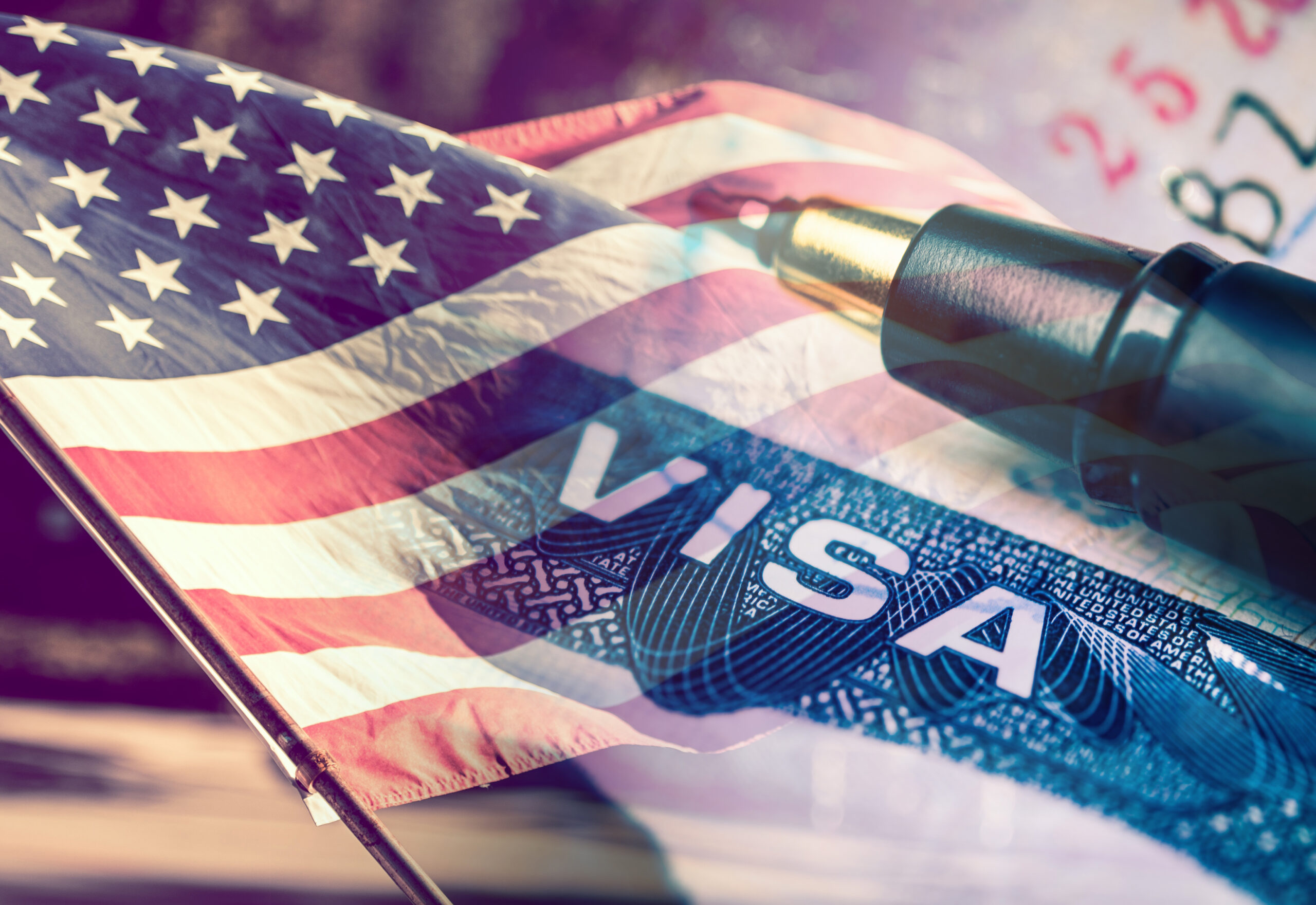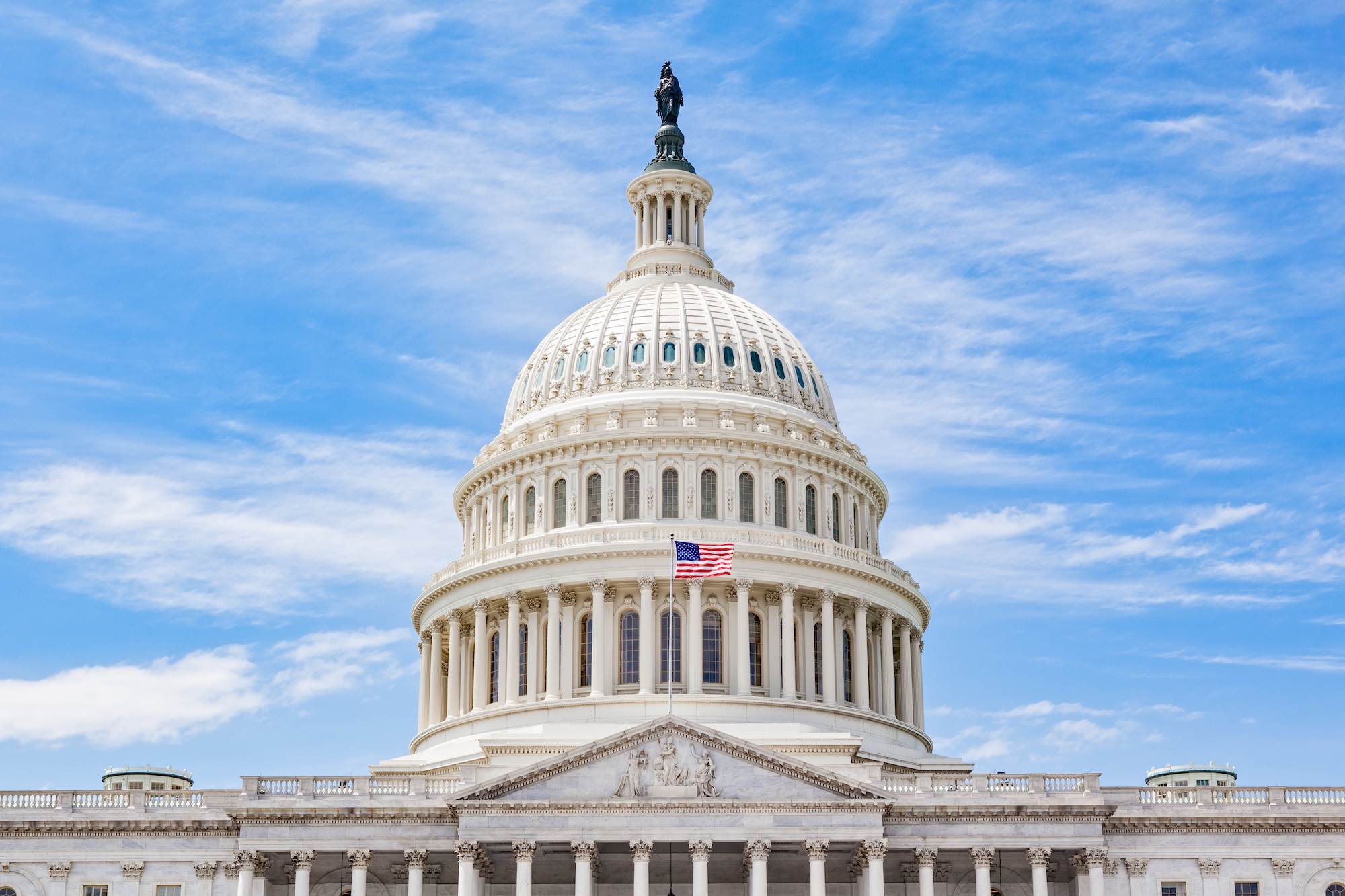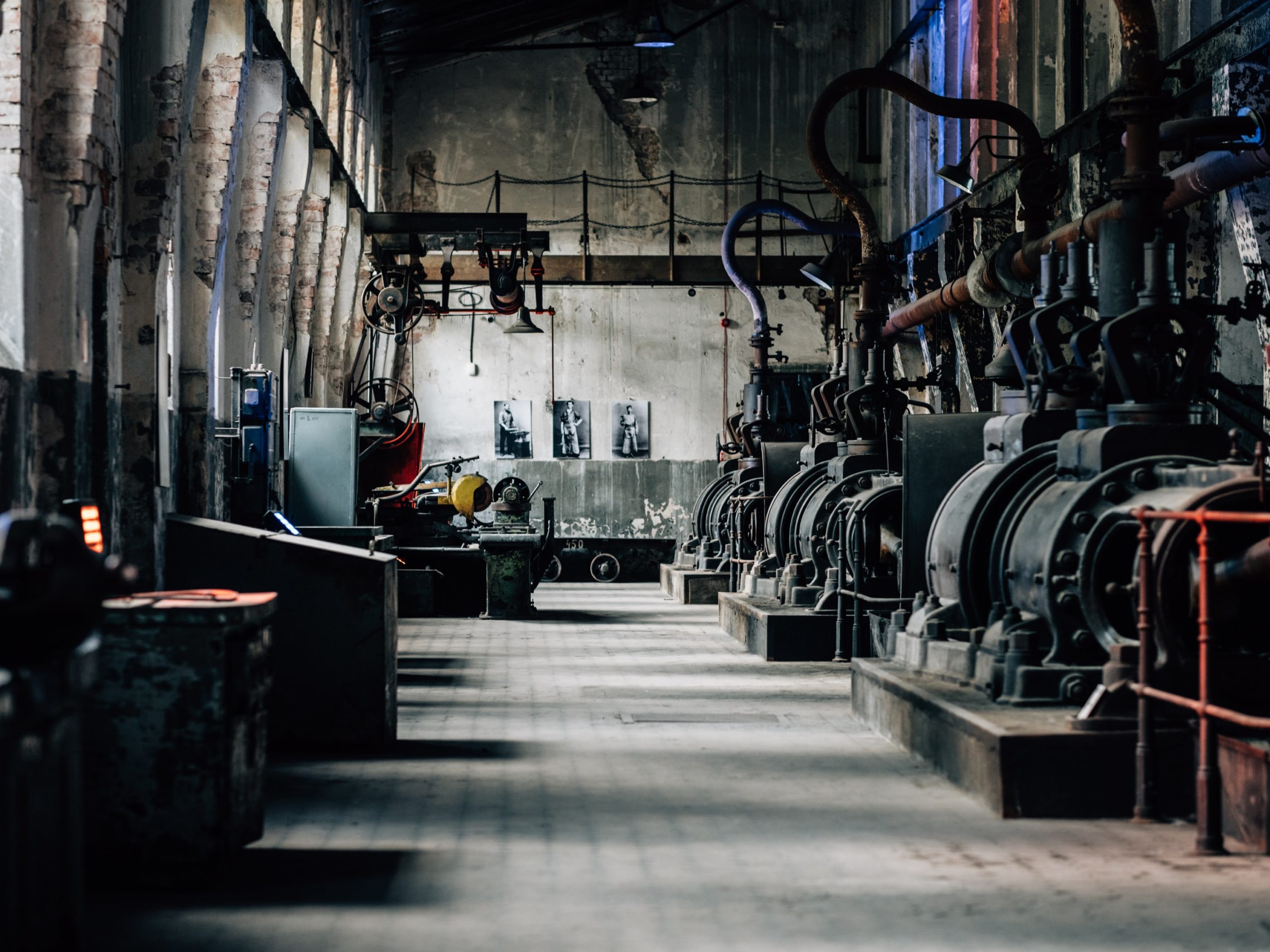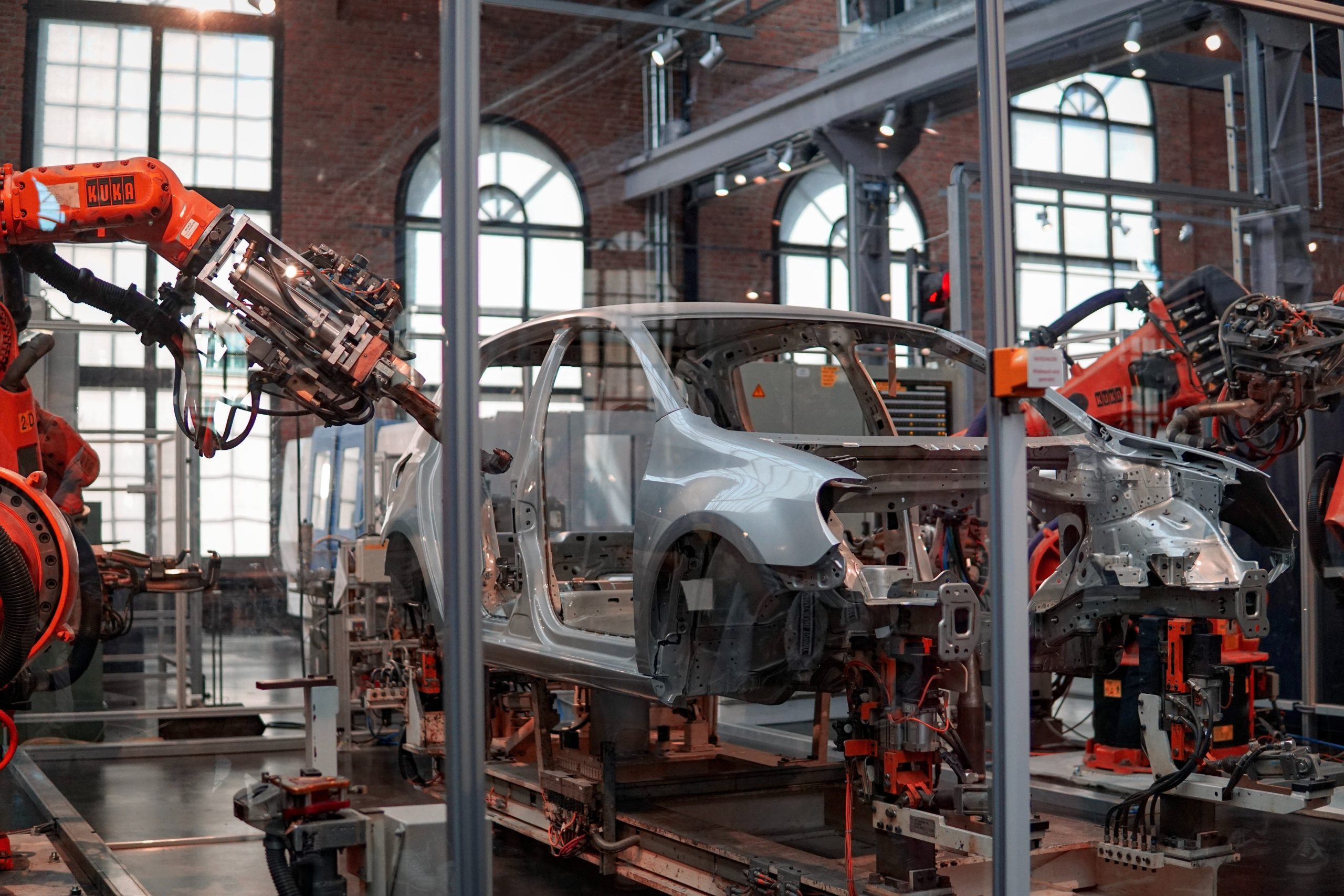

Could a recent data breach finally turn auto dealers against Wall Street?
RECOMMENDED READING
In late June, car dealerships experienced a debilitating cyberattack. On Wednesday, June 19, CDK Global, a firm that provides software services and which is relied upon as a mainstay in the business, pre-emptively shut down its systems after a digital intrusion incident from the previous night. This was followed by news of successive hacks and then a potential data breach. The resulting outage lasted for days, paralyzing thousands of car dealerships across America.
How could such a thing have happened? CDK Global ensured its customers that it had in place a “three-tiered cybersecurity strategy to prevent, protect and respond to cyberattacks,” a statement from its website that now seems like a mockery. A key piece of context for assessing this incident is CDK Global’s status as an asset of Brookfield Business Partners, which purchased it in 2022 for $6.41 billion. Bloomberg reports that “Canadian-listed shares of the Toronto-based private equity firm closed down 5.7% on Thursday” after the first cyberattack; CDK Global had been the last publicly-traded auto dealer software provider to go private.
Much like many other segments of the economy, car dealerships have fallen more fully under the influence of one of the private equity (PE) giants, a portion of the financial industry that is by nature “cloaked in secrecy,” with the largest companies ever less accountable to stakeholders, as they amass bigger and seemingly more ubiquitous portfolios.Adeeper investigation may reveal more about the nature (and evident shortcomings) of management practices at CDK Global and Brookfield. But this disastrous performance conforms with countless other documented cases of businesses failing at core services once they’ve been placed under PE control.
In an era of heightened scrutiny and populist ferment against financialization (of which PE is a part and microcosm), could an incident such as this potentially “radicalize” the car dealer lobby? After all, the sector has just been exposed to the structural collapse of an essential industry asset: digital infrastructure that had been entrusted to a major PE firm. It could open their eyes to what so many critics of financialization have been saying: that it often reduces products and services to an inferior, dysfunctional state.Indeed, in recent years, big players in the private equity industry have suffered from increased vulnerability to cyberattacks and ransoms against their portfolio firms, which they have struggled to respond to with adequate investment.
But could dealerships be enlisted in a wider struggle to restrain and discipline the financial sector into adopting needed reforms? Such a development would have a tremendous political impact, because it would turn one of the most tenacious and proactive lobbies in the small business class against the excesses of high finance: Main Street against Wall Street.
But before mapping out how such a possibility can be realized; it is also worth asking: What exactly has private equity in particular, and financialization in general, been doing to the viability of American businesses? In addition to its cybersecurity woes, high-profile stories and analyses have proliferated showing the deleterious effects of PE management over a range of industries, encompassing vital infrastructure, retail and corporate brands, and hospitals and elder care homes. In each of these cases, the results have been far from reassuring: declining customer service, high bankruptcy rates and job losses, divestment of essential assets, and even deaths.
Private equity also had a role in what has probably been the most glaring example of this trend: the disintegrating airplanes of Boeing, a company that sold off key engineering assets to private equity, and which has itself acted like a private equity firm with its own drive toward financialization. CDK Global may prospectively be added to the list as one more instance of a business falling below basic standards after having been given over to PE. The common threads are mismanagement, underperformance, and underinvestment, all problems that extend beyond PE to the financial sector as a whole. The implications for American capitalism are dire: How can firms deliver on productivity or innovation when they can’t even maintain functionality?
While accusations of “vulture capitalism” against PE are nothing new, the industry is arguably at an unprecedented threshold in terms of sheer weight and power. The question then is: Who can stand in the way of these hegemonic interests? As I have made the case before, none other than the car dealers are the missing link in any countervailing populist coalition, especially when examined as part of a broader “American gentry” class. This might be even more true after last week’s cyberattack, which could make clear to them the case for reforming finance better than any academic study. It could galvanize them against financialization—if the political leadership is on hand to connect the various threads of the argument and convince them of the problem.
The notion of car dealers as revolutionary subjects arises from their position as precarious “subaltern elites,” occupying a place that has historically been the breeding ground for successful institutional revolutions, like the New Deal. Together with other gentry, they helped to enable the rise of Trump in 2016. However, the car dealers’ ongoing issues with preserving their state-sanctioned retail protections, managing the uncertainties associated with the EV transition, and the general sense among them of being left behind contribute to an intense political discontent that is unlikely to be diffused anytime soon, unless constructive outlets can be found for it.
Many of their immediate problems derive from a deficit of investment in the technological tools needed to adapt to the industry’s changing needs: like the higher servicing costs of EVs, the scarcity of technical expertise, repair capabilities, supporting infrastructure, and, as the CDK Global fiasco showed, reliable software, the need for which will only grow as cars become more integrated with computers. These are precisely the gaps that a functional and responsive financial sector should be filling. Wall Street ought to be offering ways to finance such tools, making funding capital investments affordable and sustainable for Main Street businesses, like the car dealers, at least in line with the theory of how capitalist economies are supposed to work.
This is where a new program of state-directed sectoral modernization can step in, akin to what the New Deal did in the 1930s for the business classes of the underdeveloped South and West. The blueprints for new developmental finance mechanisms already exist; the policy models are available from both historical and contemporary experiences of national development. These need only to be applied to the problems of the car dealers. For instance, finance can be compelled to direct investment toward sectoral modernization schemes, which the state can guarantee; and PE could be enticed with financial incentives to take on the productive management of firms and assets with sectoral utility, while being held to much higher standards of SEC oversight and accountability—particularly now with respect to cybersecurity—so that incidents like CDK Global never happen again. The interests of the car dealers may thus also serve a universal interest, namely the diffusion of innovation, with all the multiplier effects this could have on the further development of technology and industry.
Finally, there is the political narrative. The key to developing it well will be honing in on cultural differences between the two forms of capitalism represented by high finance and the gentry: the former is abstract and detached from the everyday, while the latter is intimately grounded in society. The dealers have values, like a strong attachment to place and commitment to customer relationships, which the managers of high finance lack.
On this basis, any political leadership looking to recruit car dealers as a constituency should pledge to defend them as entrepreneurial and civic bulwarks, before then attempting to sell them on the above populist agenda. Car dealers are well-positioned as a fulcrum in the political fight as they already wield outsize influence, owing to the sector’s prodigious capacity for getting its way through intensive and persistent lobbying. They might be thought of as the honey badgers of the American political economy, who can wield power well in excess of their size.
And therein lies their significance to any populist movement: they are almost perfect expressions of “countervailing power.” After all, their existence as a class is dependent on perpetual forms of government intervention. They are, therefore, living rebukes of the libertarian conception of markets as naturally emerging phenomena: Instead, the car dealer lobby teaches a lesson about the supremacy of the political over the economic. For woe betide anyone who faces the aroused fury of the American car dealer.
Recommended Reading
Is Washington the Next Detroit?
Our latest Compass Point is by James M. Roberts, long-time research fellow at the Heritage Foundation and co-editor of their Index of Economic Freedom, reflecting on his experience in the conservative establishment and the perils of a political movement running on autopilot.
The Import Quota that Remade the Auto Industry
President Reagan negotiated a quota on Japanese imports that bought Detroit time to retool and spurred massive foreign investment in a new manufacturing base in the South.
The Decline and Fall of NASCAR
America’s most Southern sport has betrayed its own fan base, writes American Compass’s Wells King in this cover story.












